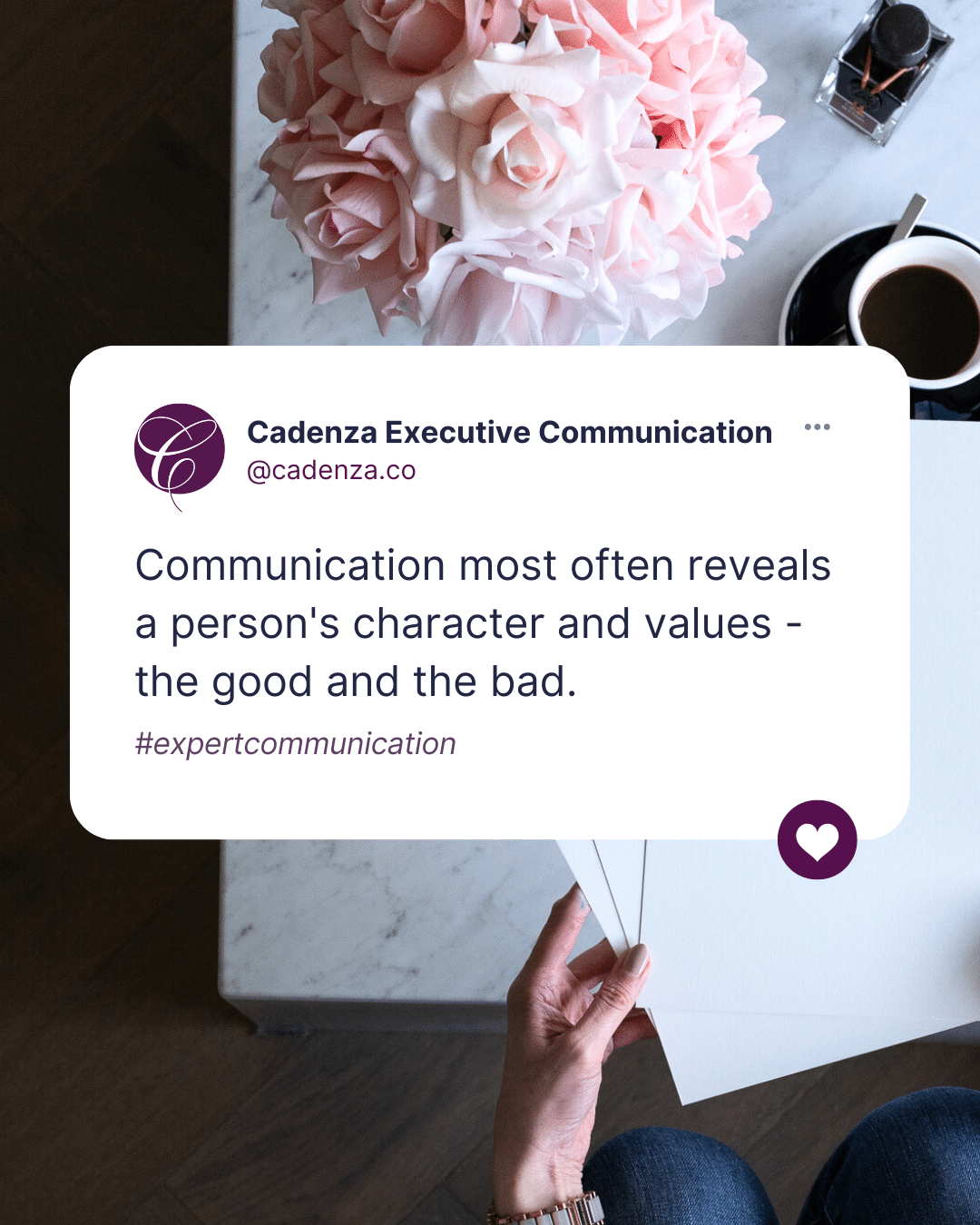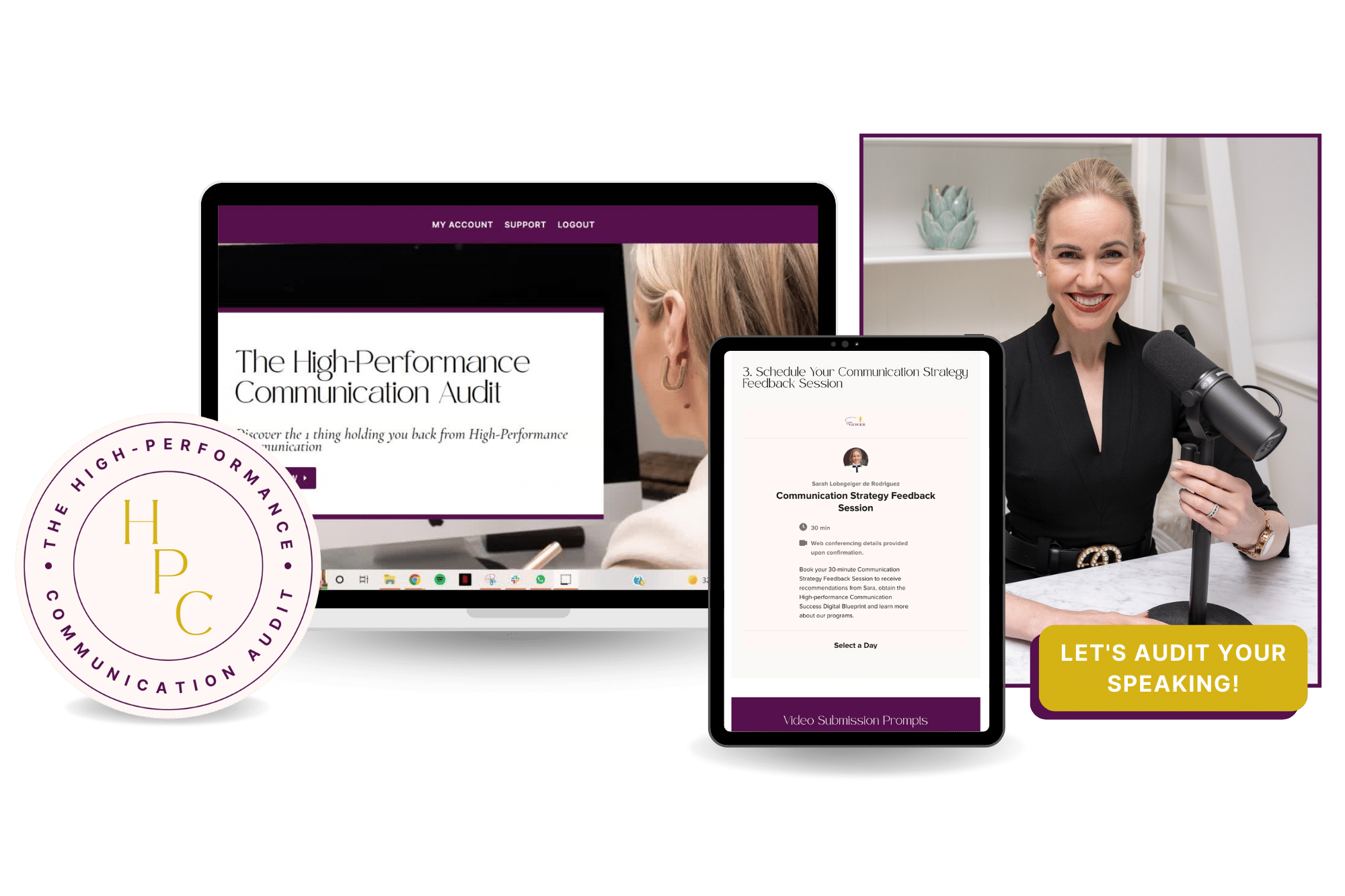Career Communication
How a Toxic Boss Uses Verbal Aggression to Poison & Overpower
Find out how to spot the signs of a toxic boss and what you can do to boost your confidence and plan the best course through the process or out of the role.

It can be challenging to know if you’re under the rule of a toxic leader at first because with the pressure they can add to your daily workflow, the gaslighting, manipulative and poisonous communication can catch you off guard.
In most of my writing, I aim for a formal and elegant style, but as a disclaimer, let me warn you, I find toxic bosses the vilest things that walk an office suite, so if I unleash from time to time throughout this article, you should know, it’s somewhat heartfelt!
This article will assist you with expert-approved tips to identify whether your boss is a toxic turd with high hopes you’ll be their dung beetle, so you can rapidly fortify your confidence and plan the best course through the process or out of the role.
This blog post is best digested in 3 parts:
- Check the tips for summarised below
- Check these tips articles for new strategies to deal with toxic communication at work and verbal aggression at work.
Gain a firmer grip on your speaking style when faced with contacts that challenge your confidence, skill and expertise.
If you want to expand your communication so that you’re always ready with the best response, even for a toxic boss, problematic contact or borderline uncivil communication, my High-Performance Communication Audit will give you deep insight into areas we can expand so that you can react and respond in the heat of the moment with a precise and strategic that protects your interest and showcases your expertise and right to dignity at work.
Why are toxic bosses… toxic?
Toxic leaders are driven by an intent to
- Mask their incompetence
- Protect their access to control (Milosevic et al., 2019)
with total disregard for the health of the organisation and their followers.
Although the behaviours a toxic boss uses to shield their ineptitude and hold power can vary, researchers have uncovered verified personality traits of toxic leadership that tend to go along the lines of destructive, abusive and narcissistic behaviour, which is why there’s so much talk of the higher likelihood of diagnosed sociopaths and psychopaths in the top-tier of corporations.
The HEXACO Personality model strives to boil down personality traits into six core dimensions:
- Honesty-Humility
- Emotionality
- Extraversion
- Agreeableness (versus anger)
- Conscientiousness
- Openness to experience
Professionals who score high on the honesty-humility dimension showcase “sincerity, fairness, greed avoidance, and modesty (Templer, 2018),” and are more likely to cooperate.
Professionals who score low on the honesty-humility dimension are “sly, greedy, conceited, pompous, pretentious, hypocritical, and boastful (Templer, 2018)” with an urge to exploit, flatter and help themselves to privileges. Such people are likelier to engage in unethical business decisions and workplace delinquency (Templer, 2018).
People who rank low in the honesty-humility dimension also trend towards being politically minded and most likely to use calculating and opportunistic behaviours to build their rank at work.
The greatest irony is that a tendency to be calculating politically in a workplace increases the chances that supervisors will perceive the worker as a higher performer, providing a possible reason why there are so many dark personalities on the top rungs of the corporate hierarchy.
Optimise your Voice Tone, Boost Your Delivery & Express Yourself Better.
I’ve provided speaking assessment and modern elocution training to people from all sorts of professions at different stages in their career path from middle management through to company directors.
Stop feeling second class in the office, because your ideas aren’t. You just need to learn to speak with authority, vocal charisma & clarity. My tools will show you how.
Toxic communication is the first giveaway of a toxic boss.
If you’ve been caught off guard at work by some stress-inducing conversations with your boss, chances are they are showing the first signs of “destructive, abusive, and ineffective (Milosevic et al., 2019)” communication. Incivility has a far-reaching impact at work that nose-dives team collaboration and creativity, creating emotional distress and a hostile working environment (Bhakandarker and Rai, 2019).
8 Expert-Approved Ways to Spot a Toxic Boss and their Poisonous Communication
In asserting and managing control in an organisation, a toxic boss has many resources that may appear in their communication style. Typical behaviours that enable dominance may include:
- Verbal interjections: Cutting you mid-sentence to increase communication stress while sharing your message).
- Authoritarian messages: Dominating your workflow with rigid autocratic commands.
- Angry messages: Sharing information with a strong emotional load in an antagonistic or angry manner designed to make you experience less comfort when interacting.
- Non-supportiveness: Interacting in a way that shows a complete disregard for your perspective, expertise and opinions.
- Derogatory remarks: Inserting degrading or sarcastic comments to undermine your work, interests, knowledge or skills to disempower you.
- Blindsiding: Concealing information that could benefit you or that you should be a party to so that you can fulfil your role, KPIs or requirements.
- Conversational exclusion: Interacting so that you feel intentionally left on the margins, even when present in a conversation, team meeting or discussion.
- Project/task exclusion: Interacting so that you feel intentionally left on the margins, even when involved in a project or task.

A note on non-verbal leakage
Ever get caught in a conversation where the words of the message don’t match the speaker’s body language, voice tone and mannerisms? If can’t pin anything unprofessional or necessarily toxic to what a workplace contact is saying, but their tone of voice, eye contact, or body language seems aggressive, confrontational, or confronting, there could be a chance that your conversation partner has some non-verbal leakage. Non-verbal leakage will frequently arise when a toxic boss who favours microaggression in secret is faced with an audience. Toxic leaders tend to be careful about whom they reveal their toxic cards to. In front of an audience of witnesses, they may elect to polish their words with you but neglect the risk of leakage through their body language and vocal tone.
Common reactions to toxic communication
When a toxic boss, is toxic, your reactions may surprise you because toxic communication often springs upon us like a forceful backhand or as some researchers called it, toxic rain.
If you’re not suspecting toxicity it may catch you off guard and cause unexpected behaviour on your own part.
You can use this square to clarify any past responses you’ve had to toxic exchanges:

How to speak with poise and confidence despite of a toxic boss or work contact
How smoothly and confidently you speak and interact at work is only sometimes up to you, especially if you’re dualling with a toxic boss or leader. However, be assured that there are science-informed tools that you can use to assist with your communication regulation and confidence when faced with difficult situations, uncomfortable conversations and outright toxic behaviour.
While dealing with leaders who lack empathy, manners or civility is best met with a smooth exit from their company, replacing a needed job is not always an immediately available option or career-savvy solution.
Social intelligence tools can come in handy to get your message ready to self-advocate, self-protect and insulate your speaking comfort so that you can respond with professional polish and restore your sense of dignity in the exchange.
One of the simplest ways to increase your sense of worth and expertise at work is to build better tools for boundary protection. You’ll be amazed at how learning science-based assertiveness, self-regulation techniques, and speaking self-defence skills can mitigate risk when faced with a rogue boss.
More ideas to cope with a toxic leader and their poisonous communication
If you’re seeking more insights and ideas to insulate yourself from a toxic boss’ poisonous communication, check these articles on our site:
🔗 Do you know the 4 styles of Verbal Aggression that can Sabotage you at work?
Learn tips on how high performers handle verbal aggressiveness with elegance at work.
🔗 Unblock 6 Toxic Communication Barriers that Crush you at Work
Learn about how to overcome communication barriers in the workplace.
Free Class
Communication Class for Emerging Leaders

Inside, I’ll show you precisely what you need to do to showcase your skills as an emerging leader even if you’ve not been given a chance at a management position.
References
-
Bhat, M. M., Hosseini, S., Awadallah, A. H., Bennett, P. N., & Li, W. (2021). Say ‘YES’ to Positivity: Detecting Toxic Language in Workplace Communications. Conference on Empirical Methods in Natural Language Processing,
-
Bhandarker, A. and S. Rai (2019). “Toxic leadership: emotional distress and coping strategy.” International Journal of Organization Theory & Behavior.
-
Milosevic, Ivana & Maric, Stefan & Loncar, Dragan. (2019). Defeating the Toxic Boss: The Nature of Toxic Leadership and the Role of Followers. Journal of Leadership & Organizational Studies. 27. 154805181983337. 10.1177/1548051819833374.
-
Nowack, K.M., & Zak, P.J. (2020). Empathy enhancing antidotes for interpersonally toxic leaders. Consulting Psychology Journal: Practice and Research.
-
Templer, K. J. (2018). “Dark personality, job performance ratings, and the role of political skill: An indication of why toxic people may get ahead at work.” Personality and Individual Differences 124: 209-214.
Did you enjoy this post? Make sure to subscribe to our YouTube channel to get more content to increase your communication skills!
About the Author
Dr Sarah Lobegeiger de Rodriguez is a Keynote Speaker, Executive Speaking Coach, and Opera Singer who likes to play with words, sounds, and your impact.
Her academic background is in Music Performance, Communication Science and Speech & Language Pathology. She assists executive communication clients all over the world as a communication consultant with strong expertise in CEO, Founder and Entrepreneur communication strategies.
Connect with Sarah on LinkedIn.
© CADENZA
Level 14, 380 St Kilda Road, Melbourne, 3004
Privacy Policy
Terms & Conditions
Position Statement on Racism


